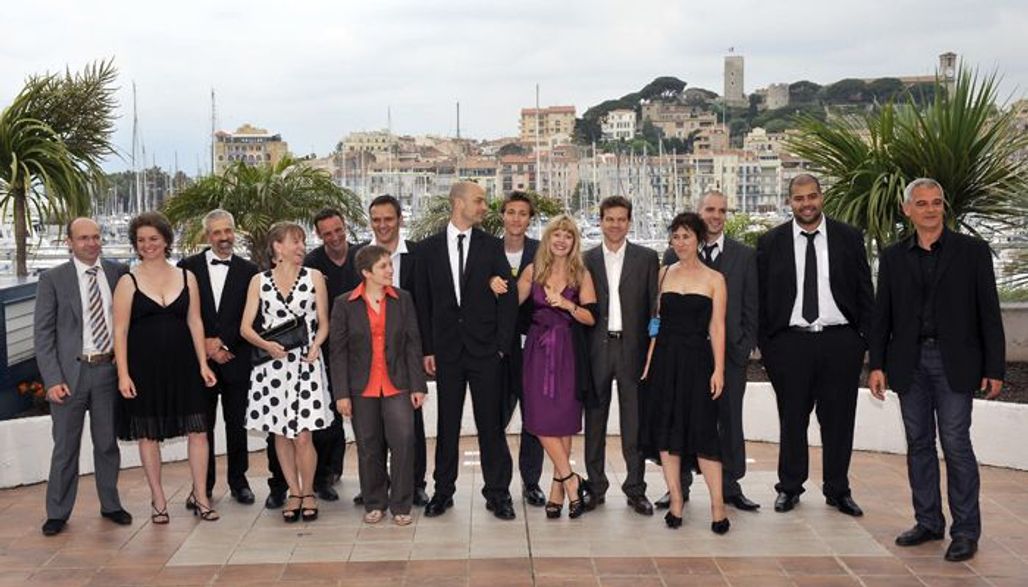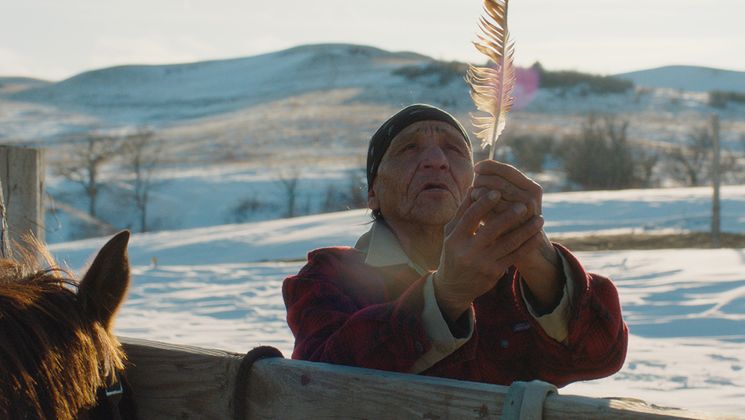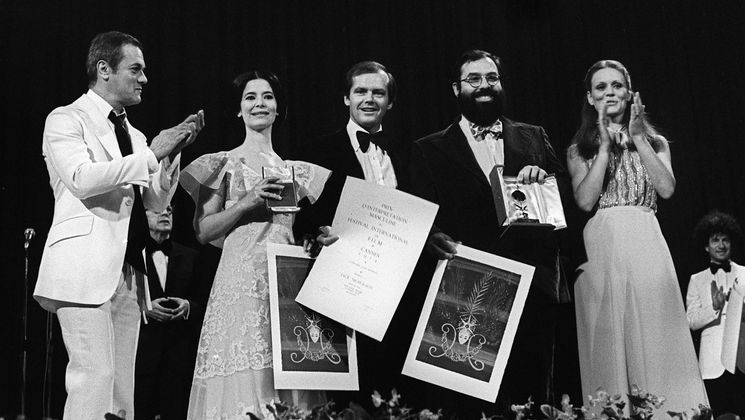
Press Conference: “The Class”

For the traditional press conference, Laurent Cantet, director of The Class, presented today in Competition, was flanked by the novelist, screenwriter, and actor François Bégaudeau, producers Caroline Benjo and Carole Scotta, screenwriter Robin Campillo, and actors Frédéric Faujas, Anne Langlois, and Jean-Michel Simonet.
Laurent Cantet on his desire to adapt François Bégaudeau’s novel:
“I had the feeling that school was one of the places which forges our society. I was getting ready to be a fly on the wall, observing life in a junior high school. But François’s book provided me with that material already. In my initial project, I’d decided to confine myself to what went on “inside the walls,” as if the microcosm inside the gates reflected everything that was going on in the outside world. François had adopted the same approach. The profile of the teacher in the book summed up a lot of ideas I had about the character I wanted in the film. François very soon appeared to be the person best suited to the part.”
Laurent Cantet on the groundwork for the film:
“We spent a long time in preparation. During the whole school year before the shoot, we taught a workshop at the Paris junior high Collège Françoise Dolto. Any student who wanted to could attend. They were ages 13 to 16. For three hours a week, everyone had fun improvising around situations I suggested to them, often in a classroom configuration. That enabled us to get to know each other, and cast the students – but not in the conventional way. Casting was something that took a long time to coalesce. Up to the last minute, I didn’t know who would play the leading roles.”
Laurent Cantet on the shooting method:
“In the morning, when we’d start a scene, François knew where he was supposed to go. Some of the actors knew that they were supposed to say a certain line at a certain time, to move the story forward. Then François would start lecturing, as if he were really teaching a class. We had three cameras filming everything that was happening. Sometimes, I’d intervene, to ask an actor to play a scene over again, giving him different indications the second time.”
François Bégaudeau on how free the shoot was:
“The way it was set up gave us some leeway. The takes were fairly long, and it wasn’t a big deal if you made a mistake. You didn’t have to say your lines word for word. I knew where the scene was headed, but I didn’t have a specific map I had to follow; great precision wasn’t important.”
Robin Campillo on François Bégaudeau’s place in the film:
“A classroom is a mini-theater. François was a representative of the direction, somewhat the way a teacher is a representative of society in a classroom. He’s the one who calls on students to speak; he runs the show. That’s why François was the obvious person to play the role of the teacher. He’s the one who organizes the fiction inside the scene. That’s what makes this device a bit unusual.”
François Bégaudeau on the concept of acting:
“Every morning, a teacher assumes the role of a teacher. There’s something very theatrical about it. So we filmed people whose reality consists of acting – the students included. That’s why they’re so good on screen: they spend their time playing together, and playing the role of “student.” Some play a “bad student”; others play a “good student.” That’s why the filming flowed so easily – the acting just continued.”


